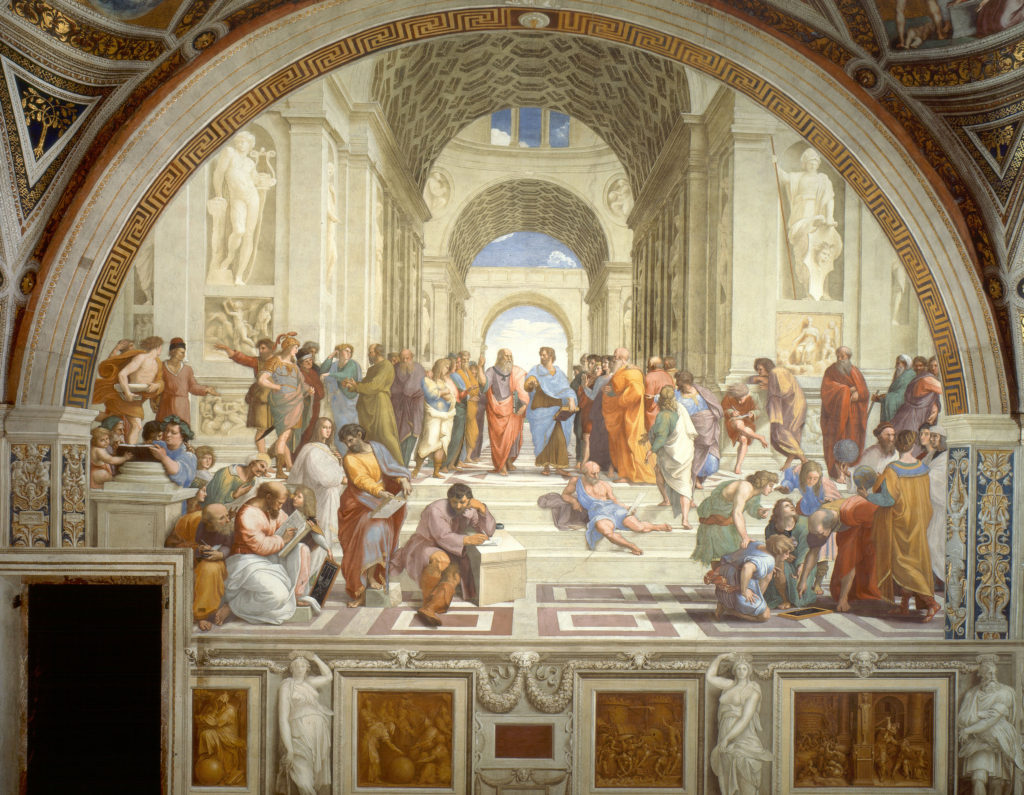Maybe it is time to consider that we fall in love not with people, but with moments: a moment in which our lover is bold, a moment in which they excite us and a moment in which they exude kindness, compassion or any other quality we may deem worthy of love.
One of the few people writing about our new world and time is the young British philosopher Tom Whyman. We spoke with him on how life online might be changing our perception of time.
In the centuries preceding the advent of what is now considered “modern science,” the study of nature and the physical universe was known as “natural philosophy.” The name itself implies an intimate connection between the sciences and philosophy. It begs the question: At what point did the two disciplines diverge?



